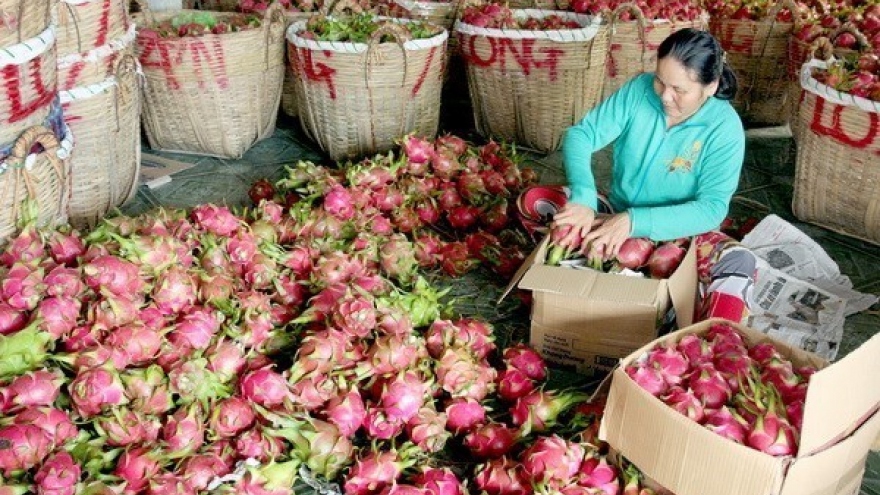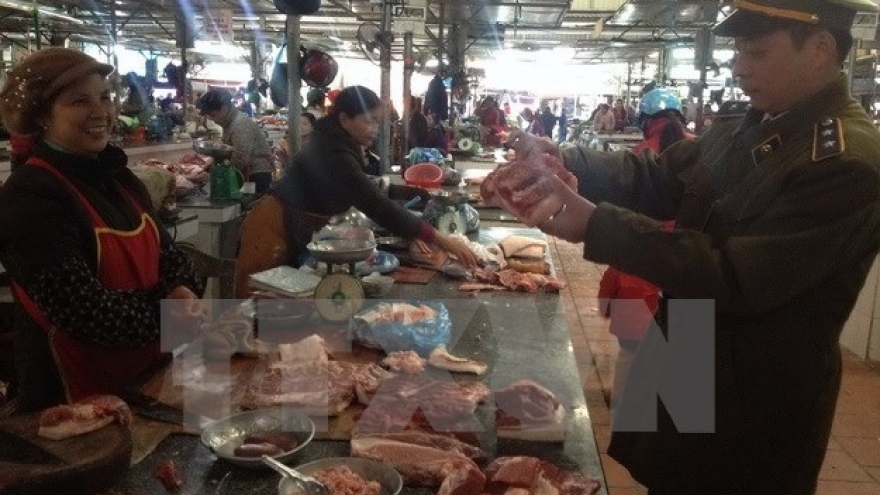Urbanites hunting for homegrown produce amidst worsening food safety in Vietnam
Families in Vietnam’s major cities like Hanoi and Ho Chi Minh City are turning to clean food tended by their relatives in rural provinces.
The move comes after recent news exposing the alarming use of banned chemicals in the food industry.
Phuong, a resident in District 12, Ho Chi Minh City, said all ingredients used for cooking in her family are transported directly from their hometown in Quang Ngai, a province in central Vietnam.
Her husband Tuyen said his family has been worried by ongoing news about chemical-fed cattle and chemical-sprayed greens sold in the market, so they have switched entirely to self-sourcing their daily food.
Every month, Tuyen would buy in bulk around 20kg of meat, 20kg of fish, and 100kg of rice from Quang Ngai, and get them boxed and transported to their home for use for a whole month.
The husband said he would buy seafood right from the fishing boats as soon as they come ashore, while the meat is taken from his brother’s slaughterhouse.
 |
His family is not an exceptional case, as more and more Saigonese are finding ways to have clean food.
P.V.K., a resident in District 2, Ho Chi Minh City, said he goes to the Eastern Coach Station every month to receive packages of goods sent by his relatives and keep them in the fridge to feed his family.
Some well-off families in Hanoi even take it a step further, buying goods from the mountainous areas, which cost a lot more than the market price, for their daily consumption.
When there is a food shortage, they even travel hundreds of kilometers to buy clean food directly from local farms.
Though it was already late at night, Tran Thuy Van, who lives in Thanh Xuan District, Hanoi, still traveled with his mother for 10km to buy ‘hometown’ farm produce from a friend’s shop.
Van said her family spends around VND1.5 million (US$67) per month on vegetables alone.
“When I was pregnant with our second child, I got food poisoning after eating stir-fried bean sprouts. From that day on, I have never touched vegetables bought from the market again,” Van explained.
Le Thai Anh, who was shopping at a clean produce store in the capital city, said, “I don’t trust supermarkets as much as shops owned by someone I know. When I shop here, it’s not just about buying clean food but it’s also about showing my kids what it is. My family loves these products.”
Dinh Hien, a reputable shop owner who sells clean food in Hanoi, said initially she only provided food for her relatives and acquaintances, but the business thrived a year later.
Hien’s shop now opens 12 hours a day and still struggles to satisfy the growing demand.
Thanh Tung, a resident in Cau Giay District in the capital city, said some of his colleagues had begun creating Facebook groups to exchange and share homegrown goods with each other.
Eating clean food has become a habit in many families, making them reluctant to go back to the market, Tung said.



